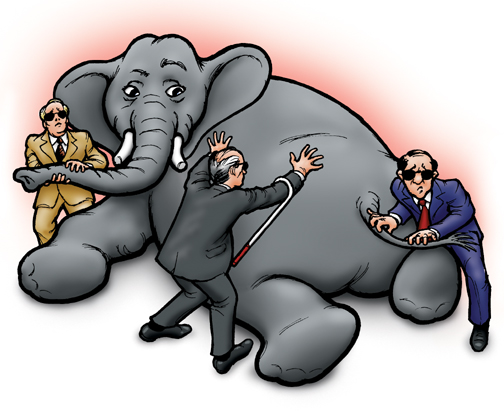Would patent reform make software patents acceptable?


Last month the House approved, 220-175, HR 1908, the Patent Reform Act. The bill would create a first-to-file system for patents (instead of first-to-invent), limit where patent suits can be filed, and allow quick appeals on decisions about patent terms.
The bill does not cover what can be patented, as Ben Klemens of The Brookings Institution noted. The current bill is supported by Google and other tech companies, but opposed by the pharmaceutical industry (and, in its current form, by the White House). It's opposed by the patent bar and favored by business lobbyists.
I agree with the critics here. The bill doesn't deal with the important questions, rather it deals with the procedures to be followed after a patent is challenged. And it doesn't seem to include funding for examination of patent claims, to make sure they're valid.
More important, the proposal doesn't really focus on the purpose of patents, which is to reward innovation, and define what should and should not be subject to patent.
The idea of patenting software, or business methods, is barely a decade old, and is not the result of Congressional action, but court action. The needs of the drug industry and the computer industry in patents are quite different, yet neither is addressed and the two industries are at loggerheads.
It's time we had a serious discussion concerning the purpose of patents, of what should be patented, and of how the patent system can truly work on behalf of innovation, rather than pass a stopgap bill which seems aimed mainly at companies like NTP and Eolas.
Patents were originally endorsed by the Founders in order to protect individuals from big companies who might steal their ideas and dominate markets. They have become a weapon businesses use to quash innovation, whether by entrepreneurs or by other businesses.
The question is, would real patent reform have a better chance after the next Presidential election? Or is the small inventor just going to get hurt no matter what?